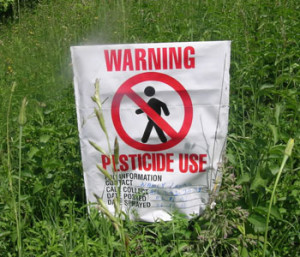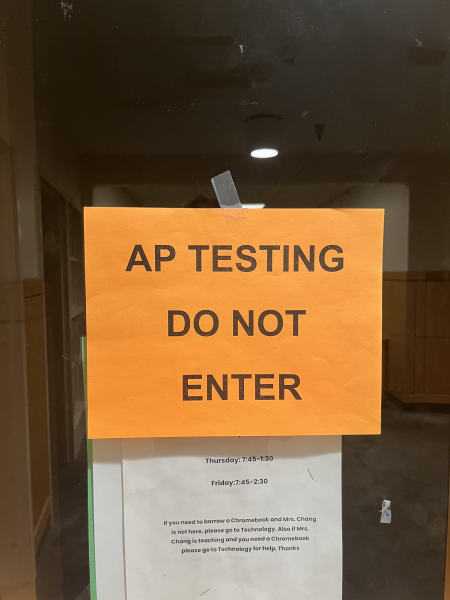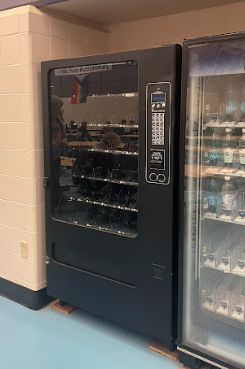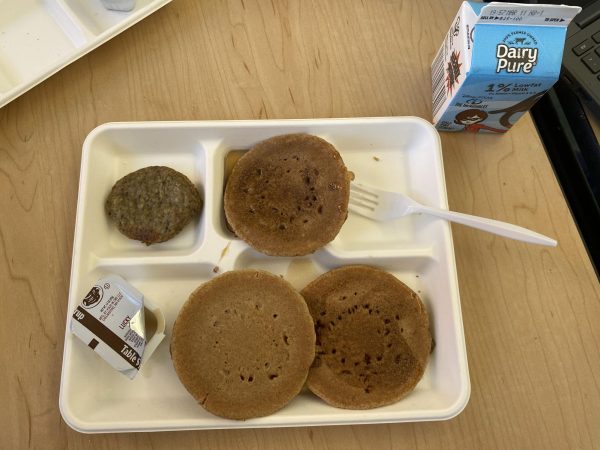An Apple A Day, May Not Keep the Doctor Away
An Apple a Day, May Not Keep the Doctor Away..
Healthy eating may not be so healthy after all. When you are munching on your salads and fruits, thinking it is cleansing your system, in reality, you might be eating insect killing and rodent squashing poison. A poison that has been known to cause cancer and neurological disorders. This chemical killer, called a pesticide, is used to terminate potential disease-causing organisms and control insects, weeds, and other pests when the crops are growing. Not only is pesticide residue found in much of the food we eat, but also in most household cleaning products, garden care products, and even cosmetic products.
Pesticides have already been linked with leukemia, lymphoma, brain, kidney, breast, prostate, pancreas, liver, lung, and skin cancers. Increased rates of cancer have been found among farm workers who apply these chemicals. A mother’s occupational exposure to pesticides during pregnancy is associated with an increases in her child’s risk of leukemia, Wilms’ tumor, and brain cancer. The risk of developing Parkinson’s disease is 70% greater in those exposed to even low levels of pesticides.
Luckily, there are ways to avoid pesticides. Justine May, a guidance counselor and local vegan, at Ipswich High School, does her best to shield her family from all of these poisons. “I always choose organic when possible. I think pesticides should be banned; I’m sure there are some benefits, but I think they should be more heavily monitored.” Ms. May takes pesticide avoidance to a whole new level. Her aim is to totally cleanse every part of her home from the poisons. She buys special cleaning products that are pesticide free. She refuses to use weed killer on her lawn, due to the danger the poison could pose to her dog named Max. As a truly dedicated dog owner, she hand picks the weeds herself from her generously sized yard. “Yes, I have to pick the weeds. Sometimes I see a neighbor just go out and spray the lawn with that nasty ‘Round Up Weed Killer’ stuff, when I’m kneeling and picking all the weeds by hand. Of course, I have urges to just go out and buy it. In my opinion, I would rather see a weed than a sickness and I don’t want to risk that for my dog. I think things would change if people shopped more thoughtfully.” Would the food industry take notice if the public as a whole steered clear of pesticides?
The bottom line is, organic foods are the most expensive. Teacher at Ipswich High School, Sean Fitzgerald, says “I think about what’s healthy and in my price range when I buy food. I don’t really think about pesticides at all; I can’t afford to. It is too costly to buy all organic.” While many know that pesticides are very bad for the human body, much of the public has no other choice and must buy the most affordable products. If affordable organic food was made an option, maybe there would be less pesticides going through people’s bodies. Why are the foods with pesticide residue less expensive? The answer is simple; pesticides make crop-growing very convenient and have for thousands of years.
Since before 2000 B.C., humans have utilized pesticides to protect their crops. Originally, it was sulfur, used 4,000 years ago in ancient Mesopotamia. Sometimes, poisonous plants were used to control pests. It wasn’t until the 15th century that pesticides turned toxic. Arsenic, mercury,and lead, were being applied to crops with little understanding of the detrimental health effects. In the 1950’s, arsenic-based pesticides began to dominate and DDT was praised as an effective insecticide. Modern day scientists are now fully aware of the horrible toll DDT can take on the environment and human health.
It took the deaths of countless animals for the American public to fully understand the chaos that DDT can cause. What will it take for people to become aware of the dangers pesticides in our food today? “There are inventions in life that make things so convenient and easy, but you have to take a step back and think about the cost,” Ms. May says. It seems, in life, there is always a sacrifice for convenience.




